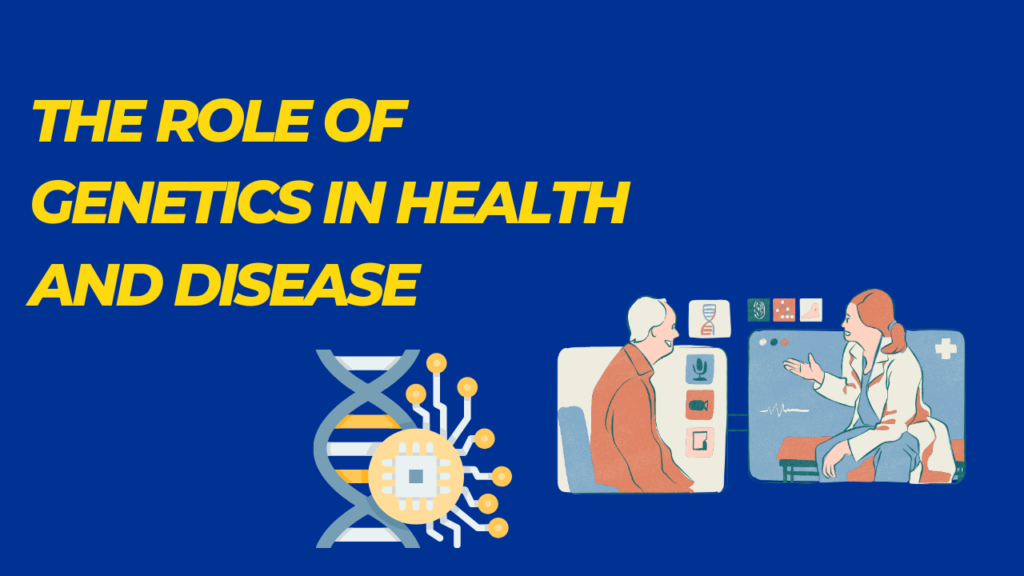NATURAL REMEDIES AND ALTERNATIVE MEDICINE

Certainly! Natural remedies and alternative medicine practices have been used for centuries to promote health and well-being. Here are some natural remedies and alternative medicine practices that people often explore:
1. Herbal Remedies:
- Herbal Teas: Various herbal teas like chamomile, ginger, and peppermint are believed to have calming and digestive properties.
- Turmeric: Known for its anti-inflammatory properties, turmeric is often used in cooking and herbal remedies.
- Echinacea: Often used to boost the immune system, especially during cold and flu seasons.
2. Aromatherapy:
- Essential Oils: Essential oils like lavender, tea tree, and eucalyptus are used in aromatherapy for relaxation, stress relief, and promoting better sleep.
3. Acupuncture:
- Acupuncture: An ancient Chinese practice involving the insertion of thin needles into specific points on the body to balance the flow of energy (Qi) and alleviate various health issues, including pain and stress.
4. Traditional Chinese Medicine (TCM):
- Chinese Herbal Medicine: Traditional Chinese herbal formulations are used to treat various health conditions based on the principles of TCM.
5. Ayurveda:
- Ayurvedic Medicine: An ancient system of medicine from India that emphasizes balancing the body’s energies (doshas) through diet, herbal remedies, yoga, and meditation.
6. Homeopathy:
- Homeopathy: A holistic system of medicine that uses highly diluted substances to stimulate the body’s self-healing abilities. Each treatment is tailored to the individual’s symptoms and overall health.
7. Mind-Body Practices:
- Yoga: Combining physical postures, breathing exercises, and meditation to promote physical strength, flexibility, and mental calmness.
- Meditation: Mindfulness meditation, transcendental meditation, and other meditation techniques are practiced for stress reduction, relaxation, and improving mental clarity.
8. Chiropractic Care:
- Chiropractic Treatment: Manipulation of the spine and musculoskeletal system to address issues related to the nervous system, joints, and overall body alignment.
9. Naturopathy:
- Naturopathic Medicine: Focuses on natural healing modalities such as herbal medicine, nutrition, hydrotherapy, and lifestyle counseling to promote overall health and wellness.
Before trying any natural remedies or alternative medicine practices, it’s essential to consult with a qualified healthcare professional, especially if you have underlying health conditions or are taking medications. Integrating these practices into your healthcare should be done under the guidance of a trained practitioner.
Natural remedies and alternative medicine encompass a wide range of approaches to health and wellness that often differ from conventional medical practices. While some alternative therapies are well-established and evidence-based, others may lack scientific support. Here are some key aspects to explore in the realm of natural remedies and alternative medicine:
- Herbal Medicine:
- Discuss the use of herbs and plant-based remedies for various health conditions.
- Highlight well-known herbs like ginger, garlic, and echinacea, as well as lesser-known herbs with potential health benefits.
- Acupuncture:
- Explore the ancient practice of acupuncture, where fine needles are inserted into specific points on the body to alleviate various ailments.
- Discuss its use in pain management and the potential mechanisms behind its effectiveness.
- Ayurveda:
- Introduce Ayurveda, an ancient system of medicine originating in India, which focuses on balancing mind, body, and spirit.
- Discuss Ayurvedic practices, such as herbal remedies and dietary guidelines.
- Homeopathy:
- Explain the principles of homeopathy, a system of alternative medicine that uses highly diluted substances to treat various health conditions.
- Address the controversies and debates surrounding the effectiveness of homeopathy.
- Traditional Chinese Medicine (TCM):
- Explore TCM, which includes acupuncture, herbal medicine, dietary therapy, and practices like tai chi and qigong.
- Discuss its holistic approach to health and the concept of balancing Qi (vital energy).
- Naturopathy:
- Introduce naturopathic medicine, which emphasizes natural healing methods, lifestyle changes, and the body’s innate ability to heal itself.
- Discuss the role of naturopathic doctors and their treatment modalities.
- Aromatherapy:
- Explore the use of essential oils for therapeutic purposes, such as relaxation, stress relief, or pain management.
- Discuss the science behind aromatherapy and safety considerations.
- Mind-Body Therapies:
- Discuss practices like yoga, meditation, and mindfulness, which promote mental and emotional well-being.
- Explain their potential benefits for stress reduction, anxiety management, and overall health.
- Chiropractic Care:
- Describe chiropractic treatment, which focuses on the musculoskeletal system, particularly the spine, and its impact on overall health.
- Discuss its use for conditions like back pain and headaches.
When discussing natural remedies and alternative medicine, it’s important to provide balanced information, including the potential benefits and limitations of each approach. Encourage readers to consult healthcare professionals and rely on evidence-based practices, especially for serious health concerns.
Natural remedies and alternative medicine encompass a wide range of therapies and practices that are not typically part of conventional medical care. Many people turn to these approaches for various health concerns. Here are some popular natural remedies and alternative therapies:
1. Herbal Medicine:
- Herbal Supplements: Natural supplements made from plants, herbs, or fungi, often used to support general health or address specific ailments.
- Teas and Infusions: Herbal teas made from plants like chamomile, ginger, or peppermint, believed to have various health benefits.
- Aromatherapy: The use of essential oils extracted from plants to improve mood, reduce stress, and alleviate symptoms.
2. Acupuncture:
- Acupuncture: Traditional Chinese medicine practice involving the insertion of thin needles into specific points on the body to promote energy flow and alleviate pain.
3. Traditional Chinese Medicine (TCM):
- Traditional Chinese Medicine (TCM): Includes practices like acupuncture, herbal medicine, cupping therapy, and tai chi, aiming to balance the body’s energy (Qi) for health and well-being.






